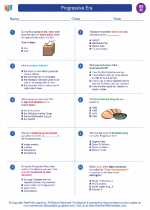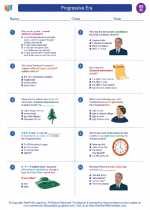Progressive Era -> theodore roosevelt
Theodore Roosevelt
Theodore Roosevelt, often referred to as Teddy Roosevelt, was the 26th President of the United States. He was a highly influential figure in American history, known for his progressive policies and his efforts to conserve natural resources.
Early Life and Political Career
Roosevelt was born on October 27, 1858, in New York City. He came from a wealthy family and was educated at Harvard University. He entered politics at a young age, serving as a New York state assemblyman and later as the police commissioner of New York City.
Presidency
Roosevelt became President in 1901 after the assassination of President William McKinley. As President, he pursued progressive policies, including trust-busting and regulation of big business. He also championed conservation efforts, creating national parks and forests to protect the country's natural resources.
Foreign Policy
Roosevelt was known for his assertive foreign policy, often summarized by his famous phrase "speak softly and carry a big stick." He mediated an end to the Russo-Japanese War, earning a Nobel Peace Prize for his efforts. He also oversaw the construction of the Panama Canal, which greatly impacted global trade and transportation.
Legacy
After leaving the presidency, Roosevelt remained active in public life, advocating for various social and political causes. He is remembered as a larger-than-life figure who left a lasting impact on American politics and society.
Study Guide
- What were some of Theodore Roosevelt's progressive policies during his presidency?
- How did Roosevelt's foreign policy approach differ from his predecessors?
- What was the significance of Roosevelt's efforts in conservation?
- What impact did Roosevelt have on American society and politics after leaving the presidency?
[Theodore Roosevelt] Related Worksheets and Study Guides:
.◂Social Studies Worksheets and Study Guides Eighth Grade. Progressive Era

 Worksheet/Answer key
Worksheet/Answer key
 Worksheet/Answer key
Worksheet/Answer key
 Worksheet/Answer key
Worksheet/Answer key
